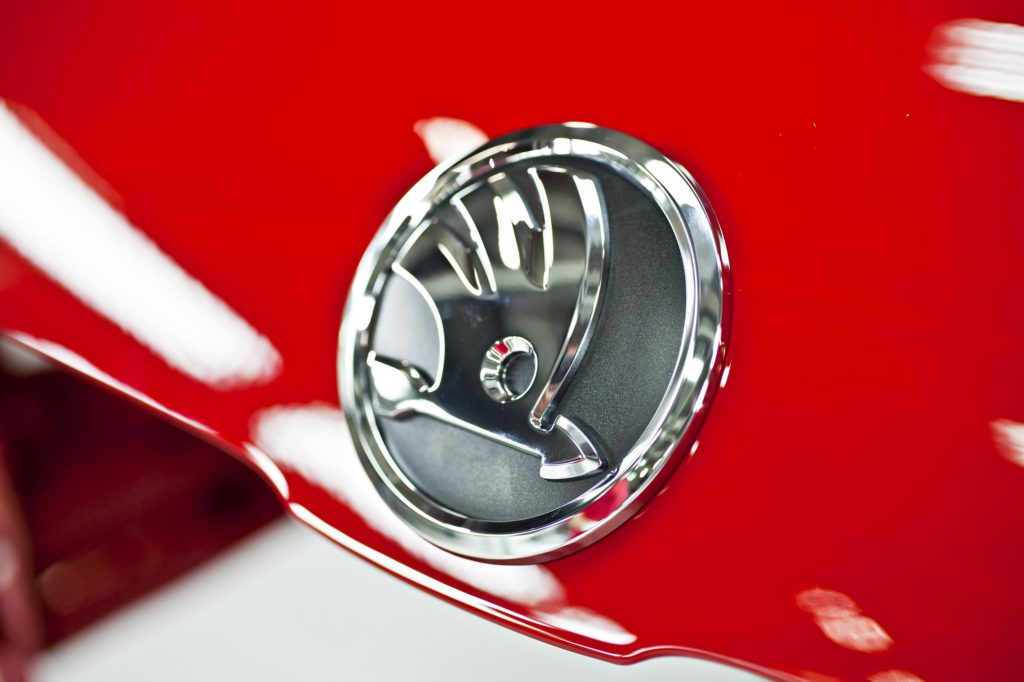Skoda announces EV offensive as Czech national EV network approved
15 August 2017

15 August 2017
Skoda is ramping up plans to launch four electric vehicles (EVs) by 2021 and a further two by 2025, including two SUVs and an image-boosting sports car. The news comes as the European Commission approves the Czech Republic’s plans to launch a country-wide alternative fuel vehicle charging network, including recharging points for EVs, as it prepares for the upcoming EV revolution over the next decade.
First among Skoda’s EV plans will come the plug-in hybrid version of its Superb sedan in 2019, as well as an all-electric version of the small Citigo in the same year. Following this, 2020 will see the launch of Skoda’s first next-generation EV built on Volkswagen Group’s (VW’s) new MEB architecture, a model which has been unveiled in concept form as the ′Vision E’ coupé-SUV.
This is expected to become the most expensive vehicle in the brand’s 122-year history and especially targets the surging Chinese EV market, where EV sales are expected to become mainstream first. The cost – around €44,000 (£40,000) – is due to the high number of batteries required to achieve Volkswagen Group’s ambitions for a 500km (310 mile) standard range for its EVs. While expensive for Skoda, it is still only half the price of the Tesla Model X. Alongisde other MEB vehicles, it is likely to be built at VW’s factory in Bratislava, the capital of auto-hub Slovakia, and due to Skoda’s success in China, it is being given almost the same priority as VW’s first MEB –based car, the Volkswagen ID.
Finally, in 2021, Skoda will add a second smaller EV more in line with the brand’s traditional pricing, which may carry the historic Felicia E name. This will essentially be Skoda’s version of the Volkswagen ID hatchback, including the rear-mounted 168bhp electric motor, and so will be smaller than the Octavia hatchback but roomy due to the clever MEB architecture.
To bring down prices even more into mainstream territory, it is also likely to follow Volkswagen’s rumoured ID pricing structure, including at least two differing models that will allow buyers to choose between a cheaper, shorter range version or prioritise range over cost. Skoda is likely to slightly undercut Volkswagen’s ID pricing, which VW has said will cost around the same as a good specification diesel Golf, so around €28,500 (£26,000).
These four models will be followed by a smaller Karoq-sized all-electric SUV by 2025 as well as a sports car in the same timeframe in the spirit of its famous 110R. This is thought to be intended as an image booster as the marque’s sales surge in the ballooning Chinese market, where it is still building its brand following its recent entry.
Meanwhile, back in Skoda’s homeland the Czech Republic, the nation’s €44.5 million six-year programme to develop its country-wide charging network for alternative fuel vehicles has been approved by the EU. While the scheme follows good practice in being technology-neutral, and so is open to applications from the full suite of alternative fuels including compressed natural gas, liquefied natural gas and hydrogen, it is expected the vast majority of the funding will go towards EV infrastructure. Companies already active in the alternative fuels sector can apply for the support, with the funding being made available in four separate open tenders.
Photograph courtesy of Skoda